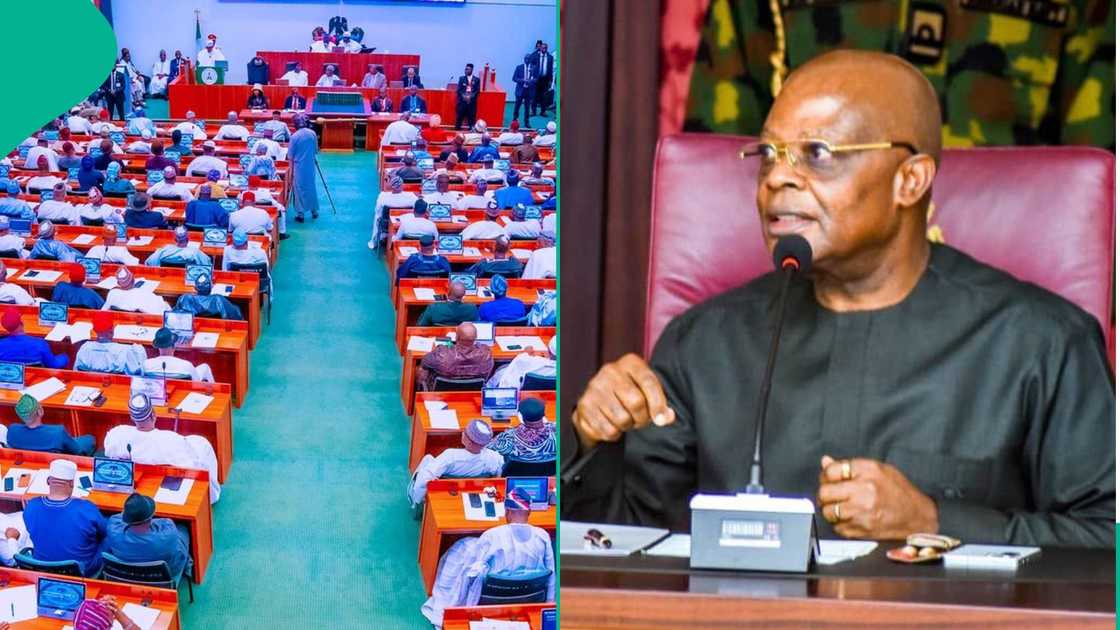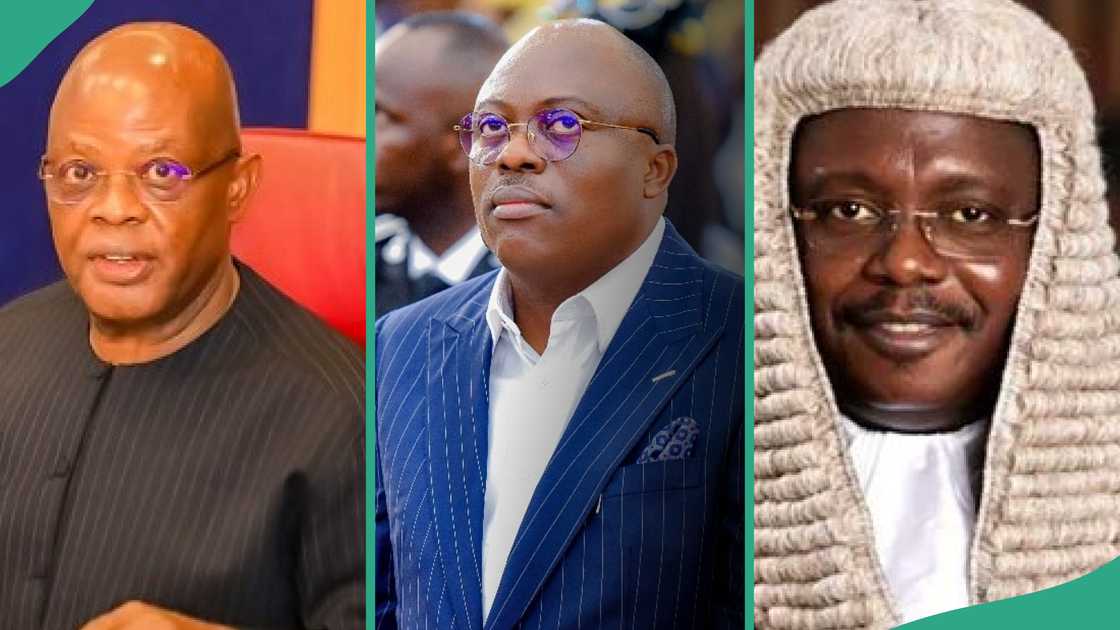As Rivers State looks toward a change in leadership, suspended Governor Siminalayi Fubara is anticipated to return to his role on Thursday, September 18. His comeback aligns with the conclusion of the six-month emergency rule that was declared by President Bola Tinubu on March 18, 2028, following political unrest in the state.
Nyesom Wike, the Federal Capital Territory Minister, recently dropped hints about Fubara’s imminent return. The signals grew stronger in the wake of local government elections held on August 30. Fubara is poised to assume office alongside his deputy, Professor Ngozi Odu, and all 32 members of the state’s House of Assembly, setting the scene for a potentially transformative period in Rivers state politics.
A Brief History of Gubernatorial Suspensions in Nigeria
Fubara’s suspension marks the third such event since the country’s return to democracy in 1999. Previous instances involved the removal of Plateau State’s Joshua Dariye in 2004 and Ekiti’s Ayodele Fayose in 2006 under similar circumstances where emergency rule was invoked. Each episode has brought unique challenges and scrutiny, often spotlighting how federal interventions impact state governance and autonomy.
During Fubara’s suspension, President Tinubu appointed retired Vice Admiral Ibok Ibas as the sole administrator for Rivers State. This move, while constitutionally permitted during emergencies, has stirred debate among local political actors and observers. Some key voices in Rivers claim Ibas overstepped his mandate, suggesting his approach blurred constitutional boundaries meant to maintain checks and balances.
Alleged overreach has been a recurring theme, with certain prominent Rivers personalities voicing concerns about the administrator’s actions and their implications for governance in the state.
Let’s examine the key moves made by the Rivers state administrator that have attracted the most public attention and criticism.
Controversial Changes: Board Sacks and Appointments
One of the most contentious actions attributed to Admiral Ibas was his decision to dismiss and name new board members for various state agencies and parastatals. Critics argue that these steps contravened the specific guidelines issued by President Tinubu, which were thought to restrict major structural changes while the emergency rule was in play.
This approach has been blamed by some for negatively affecting the welfare and stability of the people, intensifying existing calls for restraint when wielding executive power, especially in interim positions.
Budget Allocations: CCTV, Gunboats, and Controversy
Budgeting decisions made during the emergency rule period also came under scrutiny. Critics have flagged large allocations—N24 billion, N30 billion, and N23 billion—for CCTV installation, procurement of gunboats, and contingency expenses, respectively.
Residents and political leaders alike questioned these hefty budgets, especially in light of Port Harcourt’s supposed declining standards—from its historical status as the “Garden City” to increasing concerns about environmental management and urban decay. The perception that resources might not be addressing the most urgent local priorities contributed to a sense of disconnect between policymaking and community needs.

Photo Credit: @Imranmuhdz
Source: Twitter
Election Management under the Emergency Administration
The conduct of the recent local government elections became another flashpoint. Under Ibas’s watch, the All Progressives Congress (APC) claimed 20 council seats while the Peoples Democratic Party (PDP) was limited to three. For many critics, the administrator’s primary responsibility during this period was to help facilitate peace and restore order—not to coordinate elections or influence outcomes.
Some political voices in Rivers suggest that holding these elections during the emergency period risks undermining public trust in the democratic process, raising questions about how power transitions should be handled in times of crisis.
Legal Perspectives on Fubara’s Return
Legal practitioners are weighing in on the broader implications of the political standoff. In an exclusive interview with Legit.ng, lawyer Binzak Azeez argued that both Fubara and Wike may have escalated their political rivalry to an unacceptable degree, sparking the kind of disruption that led to federal intervention. He observed:
“Both Fubara and Wike went too extreme in their political fight. They threw caution to the wind and attempted to set the whole state on fire. There are reports that both of them have reconciled. Unfortunately, the damage their fight has caused to Rivers State polity will echo for decades.”
Wike’s Reflections on Rivers’ Political Landscape
You may recall that Nyesom Wike, the current FCT Minister and a key figure in Rivers politics, previously raised concerns about the changing political balance in his home state. He observed that the APC had grown into a formidable presence within Rivers, in large part because of the number of influential federal appointments secured by residents of the state.
According to Wike, these federal connections are reshaping the local political climate, creating shifts that could have lasting impacts not just on Rivers but on the wider region as well.
What Does Fubara’s Imminent Return Mean for Rivers State?
The return of Governor Fubara, his cabinet, and the House of Assembly is expected to mark a new chapter for Rivers State. As residents and political watchers wait, questions remain about the state’s stability, the legacy of emergency rule, and the challenges ahead for democratic governance. The story of Rivers provides a crucial case study in Nigeria’s democratic evolution—proving once again that state and federal dynamics remain central to the country’s political pulse.
What are your thoughts on the state of democracy in Nigeria’s regions? How do you see the Rivers situation influencing other West African states facing similar political tests? Share your thoughts in the comments—and stay connected for more in-depth coverage.
Have a news tip, political analysis, or personal insight on governance in Nigeria or West Africa? We’d love to hear from you! To share your story or sell your exclusive report, email us at story@nowahalazone.com.
For feedback or general questions, contact our support at support@nowahalazone.com.
Let’s keep this conversation going! Connect with us on Facebook, X (Twitter), and Instagram for the latest news, opinions, and updates across Nigeria and West Africa.










